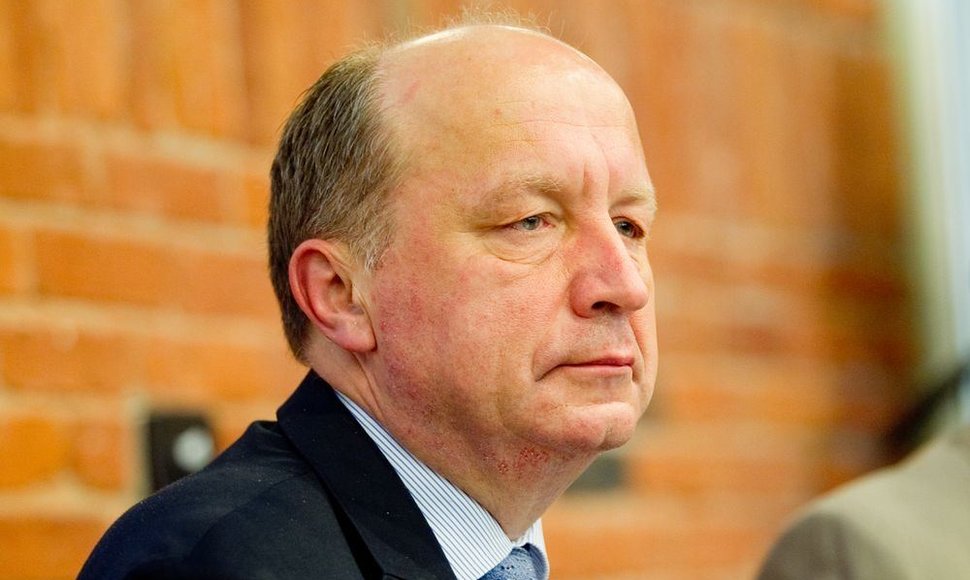"In that discussion of the French and German leaders where French say we need to stop saving and start focusing only on growth, and Germans say we cannot stop saving, we are clearly on Germany's side, and I said that openly yesterday," Kubilius said in a interview to the Žinių Radijas (News Radio) on Thursday by phone from Germany.
"During conversations with the prime ministers, Angela Merkel, during conversations with representatives of major financial institutions, Deutsche Bank and representatives of other banks in Frankfurt, I also clearly said, and all others said that there can't be growth without saving and without putting your country's finances in order, without getting trust of international markets back, we cannot think about any growth," he said.
According to Kubilius, Merkel and the prime ministers of other EU member states paid attention to saving measures the Baltic states had implemented and which led to rather fast post-recession growth.
"During conversations with the Baltic prime ministers, with the EC president being present, Angela Merkel and many other prime ministers spoke about the Baltic states as an example when very clear implementation of saving principles and effective implementation of saving principles has allowed shifting from the crisis to fast economic growth, and we see the results," the Lithuanian prime minister said.
"Of course, it doesn’t mean that we don't have to take measures to stimulate that growth, but those measures should not involve spreading out, and they should constitute reforms aimed at stepping up competition, and those measures, for example, flexibility of industrial relations, should allow business to create more jobs," Kubilius stressed in the interview.
Germany has called on other EU member states in recent years to cut their budget deficits and implement saving policies. On Berlin's initiative, leaders of 25 EU member states signed a financial discipline agreement in March.
But European resentment over saving measures and socialist Francois Hollande's victory in the French presidential election have triggered calls to build a growth and employment strategy in the EU rather than focusing on financial discipline.
On Thursday, the Lithuanian prime minister is scheduled to attend a meeting of prime ministers of the Baltic Sea states in Stralsund, northern Germany. The Council of the Baltic Sea States marks the 20th anniversary this year. The upcoming meeting will focus on energy security of the Baltic Sea region and demographic changes in the region.
A bilateral meeting with Finnish Prime minister Jyrki Katainen in Stralsund is also on Kubilius' Thursday agenda. The prime ministers will discuss EU current affairs, bilateral, energy and cooperation issues.
Kubilius will leave Germany for the Romanian capital Bucharest where is scheduled to attend a meeting of the prime ministers of the countries part of the group known as the "Friends of Cohesion Policy". The group unites countries that receive EU financial support through cohesion funds. The meeting will focus on the EU's new financial perspective. Kubilius will also hold a bilateral meeting with his Romanian counterpart.
Report mistake
Successfully sent
Thank you














